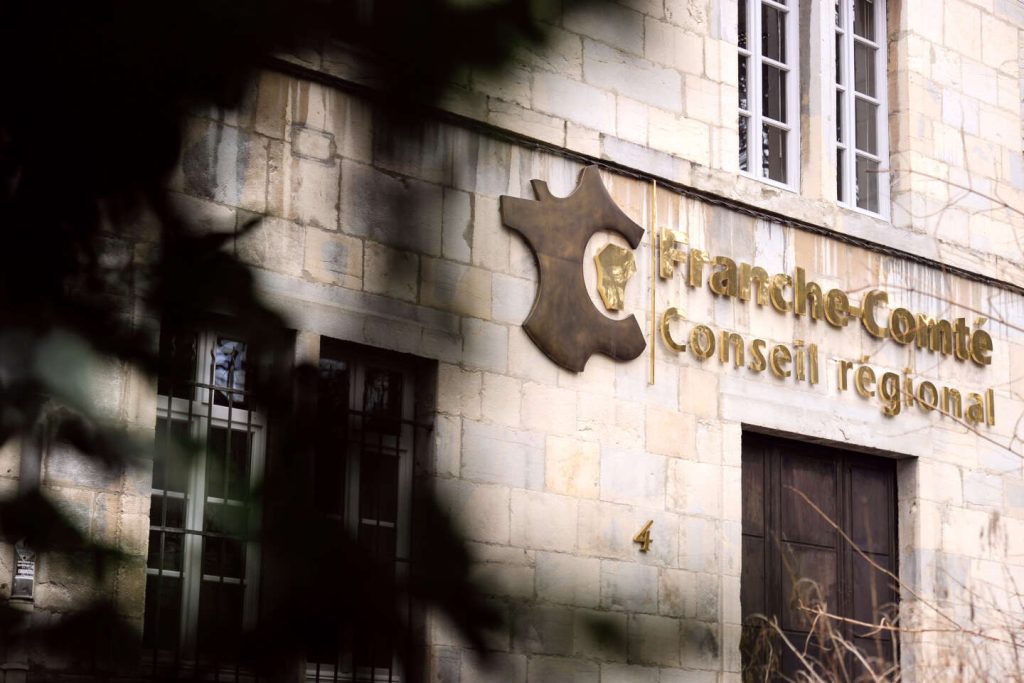The Mayor of Besançon, Anne Vignot, announced on Friday, April 12 that she would be filing a complaint after being the target of “extremely violent” cyberbullying, following an initial complaint filed by the politician against anti-immigrant signs held up during the carnival in her city. The signs, held up by members of the far-right group Nemesis, associated the terms “immigrants” and “rapists” without nuance, prompting Vignot to file a complaint for incitement to racial hatred. In response to her complaint, Vignot faced coordinated and targeted harassment on social media, including insults, threats of violence, and hateful or degrading comments. She filed a complaint to ensure that those responsible for the harassment are identified and held accountable.
One of the activists who held up a sign during the carnival, a 19-year-old student studying “economic and social administration”, was placed in police custody for several hours before being released. Another young woman was scheduled to be questioned later. Members of the National Rally party also held up similar signs during a regional council meeting led by President Marie-Guite Dufay, prompting Dufay to file a complaint for incitement to hatred. One of the party’s regional councillors even used the German term “Untermensch,” meaning “sub-human,” within the council chamber. Vignot denounced these actions as attempts to turn legislative bodies into platforms for hatred against immigrants.
The use of Nazi rhetoric and symbols by the far-right party members has sparked outrage, with Vignot condemning their actions as an attempt to normalize hateful language and incite violence against immigrants. The incident at the regional council meeting has exposed the growing influence of far-right ideologies in French politics, leading to calls for stricter regulations on hate speech and incitement to violence. Vignot and Dufay have taken a strong stance against the actions of the far-right activists, signaling a unified front against hate speech and discrimination in France.
The incident in Besançon and the subsequent online harassment faced by Vignot have raised concerns about the rise of extremism and intolerance in French society. Political leaders across the country have condemned the actions of the far-right groups and have called for unity and solidarity in the face of hate speech. As the investigation into the incident continues, there is hope that those responsible for the harassment will be identified and held accountable for their actions. Vignot’s decision to file a complaint sends a clear message that such behavior will not be tolerated in a democratic and inclusive society. The incident has sparked a national conversation about the importance of standing up against discrimination and bigotry, and the need to create a more inclusive and respectful political environment.


